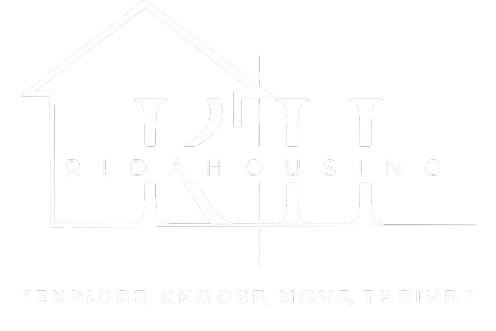The real estate market is constantly evolving, influenced by economic factors, technology, and changing buyer preferences. As we move through 2025, several key trends are shaping the industry. Whether you’re an investor, homebuyer, or real estate professional, staying ahead of these trends can help you make informed decisions.
1. Rise of Smart Homes & Sustainable Living
With increasing environmental awareness, homebuyers are prioritizing energy-efficient homes equipped with smart technology. Solar panels, energy-efficient appliances, and smart home automation are becoming standard features, making properties more attractive and valuable.
2. Affordable Housing Demand
Urbanization and rising property prices are fueling the demand for affordable housing. Governments and developers are focusing on budget-friendly housing projects, especially in suburban and tier-2 cities, to cater to middle-income buyers.
3. Growth of Co-Living & Shared Spaces
The rental market is seeing a shift towards co-living spaces, particularly among millennials and young professionals. These setups offer affordability, convenience, and a sense of community, making them a popular choice in metropolitan areas.
4. Increased Real Estate Investment in Suburbs
As work-from-home remains a common practice, people are moving away from crowded city centers to spacious suburban homes. Developers are responding with modern townships featuring better amenities, connectivity, and green spaces.
5. Technology-Driven Property Buying
Digital transformation is revolutionizing real estate transactions. Virtual property tours, AI-driven price predictions, blockchain-based property documentation, and online mortgage approvals are making the buying process smoother and more efficient.
6. Luxury Real Estate on the Rise
Despite economic uncertainties, luxury real estate remains strong. Ultra-luxury apartments, villas, and penthouses in prime locations continue to attract high-net-worth individuals looking for exclusivity and premium amenities.
7. Flexible Commercial Spaces
The office space segment is adapting to hybrid work models. Businesses are opting for flexible office spaces, co-working hubs, and smaller office footprints to accommodate changing workforce needs.
Conclusion
The real estate market in 2025 is dynamic, with emerging trends reshaping the way people buy, sell, and invest in properties. Whether you are looking for an affordable home, a smart investment, or a luxury retreat, keeping an eye on these trends will help you navigate the market efficiently.
Stay tuned for more updates on the latest real estate trends and insights!
